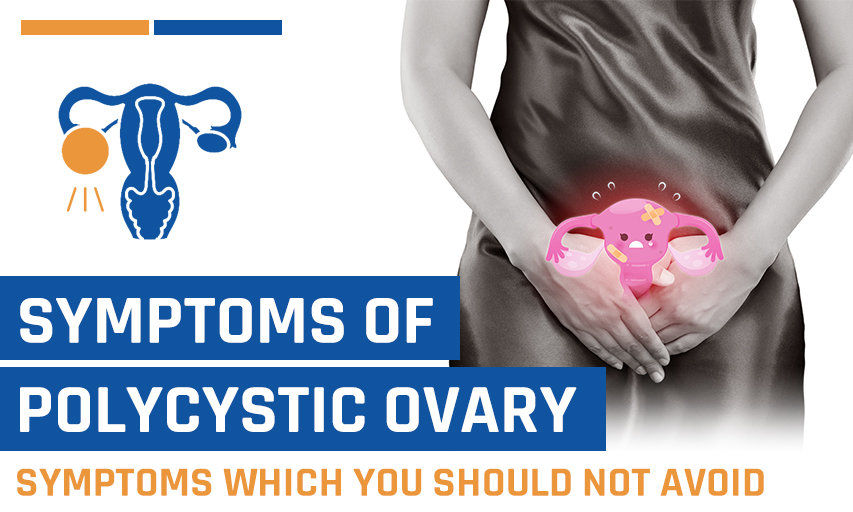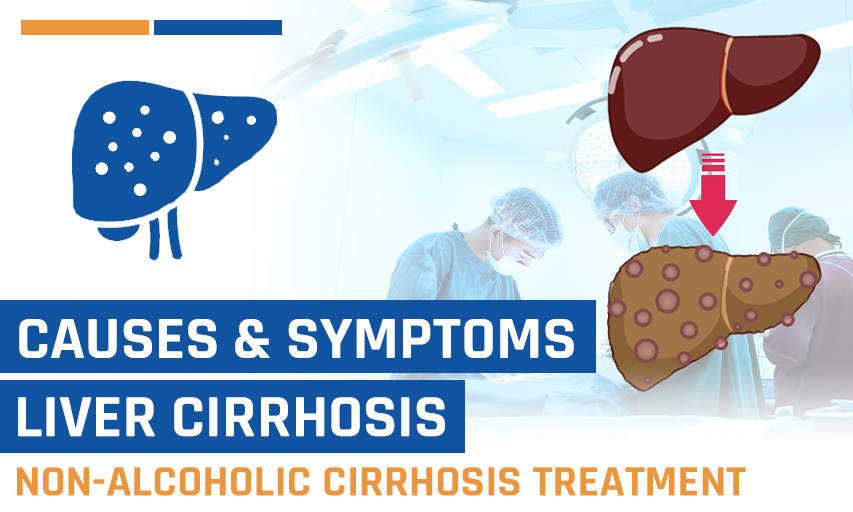Does Insurance Cover Breast Reduction in the USA?
Macromastia, or huge breasts, may have detrimental implications on health. The weight of the breasts may cause back, shoulder, and neck pain. Some women experience chronic sores beneath the breasts or shoulder ridges from bra straps.
Along with resolving physical problems like these, breast reduction surgery, also known as reduction mammoplasty, has psychological benefits. People's quality of life, sense of self, and opinions of their bodies can all improve.
You might want to know "how much surgery will cost" and "does insurance cover breast reduction" if you're considering having your breasts reduced. Insurance does not provide coverage for cosmetic breast reduction surgery. However, your health insurance might cover the cost of the operation if you require it for a medical issue. Depending on your insurer, there are different conditions for breast reduction coverage.
Please continue reading for more information on breast reduction surgery cost and when insurance covers them.
When Do You Need Breast Reduction Surgery?
When breast reduction is deemed medically essential, it is covered by health insurance. The doctor will decide whether the procedure is necessary medically, if at all. The insurance provider will require evidence that you have had any or all of the symptoms listed below for at least six months:
- Skin infections or rashes that keep coming back after treatment.
- Extra-large breasts restrict your physical activities.
- Under the breast tissues, the nerves are squeezed.
- The alignment of your spine and posture are impacted by breast enlargement.
- Your neck, back, and shoulders hurt due to your large breasts.
- The bra straps' constant shoulder grooves are visible.
The symptoms mentioned above indicate that the woman's breasts are out of proportion with the rest of her body and that she has been having various problems. So, after reviewing the patient's medical data, the insurance provider approves a reduction mammoplasty because it is seen to be in their best interest medically.
Does Insurance Cover Breast Reduction?
Breast reduction is only covered by health insurance if it is deemed medically required to treat persistent health issues.
This implies that you'll likely need insurance authorization before scheduling the breast reduction surgery. The insurance provider will ask your surgeon to submit certain medical information on your behalf, after which it will determine if you need the procedure. (You'll still have to pay copays or deductibles even if your insurance does cover the surgery.)
The insurance provider won't pay for breast reduction surgery if it doesn't match the medical necessity requirements of your health plan because it will be viewed as cosmetic.
When is Breast Reduction not Covered by Health Insurance?
The various insurance plans of a particular company do not typically cover cosmetic procedures. It implies that the insurance provider may reject your claim for payment of the treatment costs if you have a breast reduction for cosmetic reasons.
The following list of exclusions serves as a basic guideline but is not exhaustive:
- The surgery does not address physiologic or functional damage; it is performed to improve the look.
- The only procedure used for reduction is liposuction.
- If the surgical procedure is not aimed at enhancing or regaining the breasts' natural physiological function.
- Breast reduction does not fall under a reconstructive procedure criterion.
Why Does an Insurance Company Might Cover Your Breast Reduction Surgery?
What insurance covers breast reduction surgery? Health insurance will pay for the procedure if a doctor recommends breast reduction surgery to cure persistent physical and psychological problems. Therefore, contact your insurance providers and obtain their approval before scheduling the surgery. Your case will be deemed cosmetic if it doesn't match the requirements for medically necessary surgery, and the insurance provider is free to reject the claim.
Breast reduction could occasionally be both reconstructive and aesthetically beneficial. In this case, some therapy components might have insurance coverage while others won't. An agent from the insurance company can clarify this information.
Your health insurance provider might cover the cost of breast reduction surgery, also known as reduction mammaplasty, because macromastia can lead to these life-threatening medical disorders.
How to Get Your Breast Reduction Surgery Covered by Insurance?
While the procedure may differ depending on the insurance company, patients who want to have breast reconstruction surgery covered by their insurance will typically need to provide their insurance company with a letter of medical necessity stating that the procedure is necessary to address an underlying health issue.
Requesting a letter outlining the requirements for approval from your insurance provider well before breast reconstruction surgery is the best approach to hasten the approval procedure with your health insurance provider. This is significant because each insurance company has a separate set of requirements for approval. The typical turnaround time after submitting the required paperwork might range from 3 to 6 months.
Costs of Breast Reduction Surgery Covered by Insurance
The prices of the following breast reduction procedures are covered by health insurance:
1. Tests Before and After Surgery
Insurance will pay for tests done before and after breast reduction surgery. Regular examinations include mammography, MRI, X-rays, and others.
2. Hospital Charges
Hospital admission and discharge fees are covered entirely by insurance and set by the hospital's management.
3. ICU and OT Charges
The insurance policy covers the critical care unit and operating room costs, which are determined hourly.
4. Fees of the Healthcare Providers
Fees charged by the anesthetist, surgeon, attendant, nurses, and other personnel are determined separately. The surgeon's costs, as well as those of the attending surgeons, nurses, anesthetists, and other medical personnel, are covered by the insurance coverage.
5. Medical Consumables
Several costs that fall under the category of medical consumables occur during the hospitalization period. Syringes, sutures, catheters, gloves, masks, adhesives, bandages, IV bags, and other supplies are all included in these costs. Health insurance coverage pays for all of these costs.
6. Room Rent
Hospitalisation is necessary for breast reduction surgery, and the associated costs are covered by insurance. Nevertheless, depending on the patient's preferred room type (single, double, or sharing), there may be some cap on the room rent. And daily calculations are made for the fees.
7. Consultations After Surgery
The surgeon's fees for follow-up consultations may also be covered by health insurance.
Patients can alter their insurance coverage and add-on coverage for additional costs related to breast reduction surgery and other therapies in addition to the abovementioned charges.
Breast Reduction Cost with Insurance
Now that you have the answer to your query on "Does Insurance Cover Breast Reduction", the following items are included in the overall cost of breast reduction surgery:
- Surgical fee
- Hospital expenses Anaesthesia charges
- medical examinations
- post-operative clothing
- Medications on prescription
According to the Aesthetic Plastic Surgery National Databank, the average cost for breast reduction surgery is around $3000 at CureIndia. Also, find almost similar breast augmentation surgery cost with CureIndia. But prices vary widely based on things like:
- Experience level of the surgeon
- The method used for breast reduction
- Whether you underwent surgery on one breast or both
- Price trends in your area's market
Can Breast Reduction Surgery Automatically be Covered by Insurance?
Some insurance providers will only cover breast reduction for people over 18. Younger females' rapid breast growth may cause concern and require more prompt treatment. The enormous and frequently rapid growth could be a response to gonadal hormones. Even though adolescent girls are typically affected, it is still advised to hold off on getting surgery until your breasts fully mature.
You won't need to offer proof of earlier treatments for symptoms brought on by large breasts if your surgery is related to:
- Breast reconstruction following a mastectomy
- Progressive spine conditions that are resistant to various therapies
- Intertrigo, a term for recurring infections beneath your breasts




















Be First To Comment
Leave a Comment